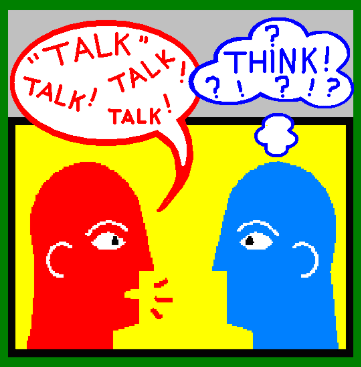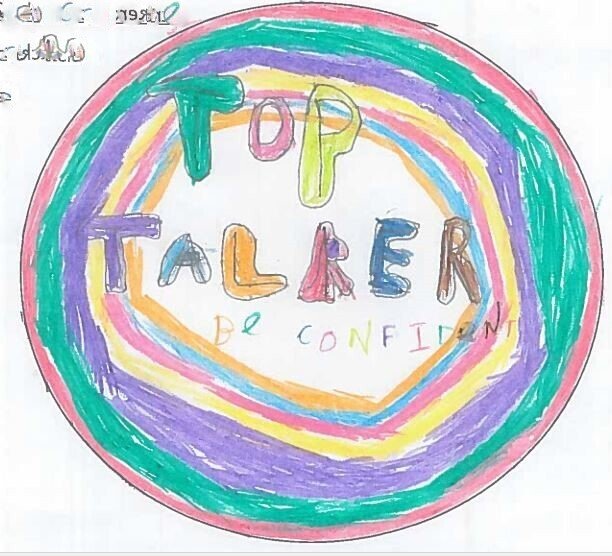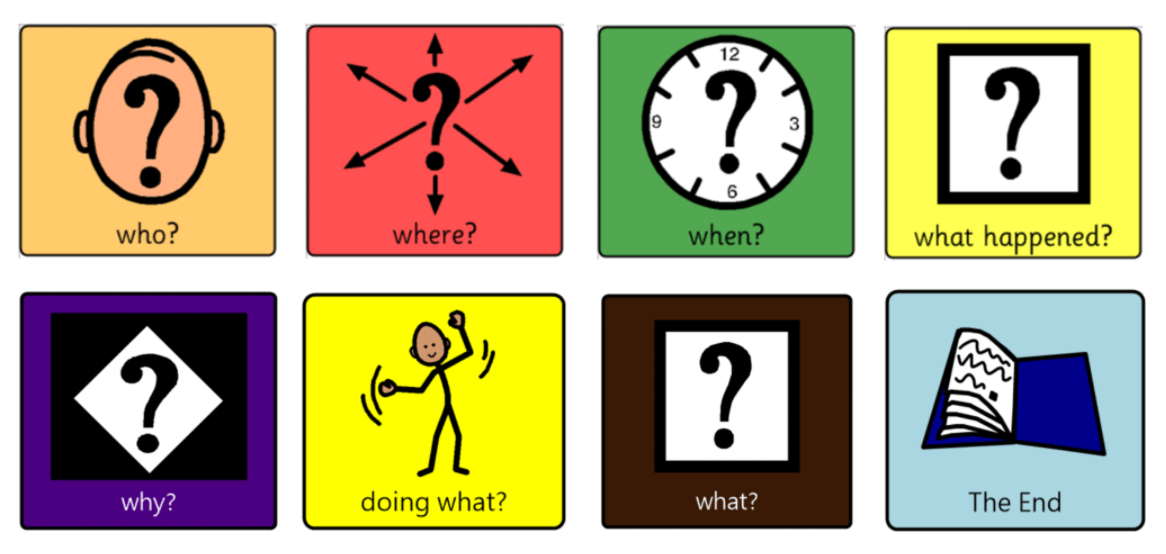 Spoken Language
Spoken Language
At Southroyd we recognise the huge importance of Spoken Language and know that talking is a vital part of a child's development. Modern technology, social media and recent lock-downs have and continue to impact on children's oracy skills. Our school values and promotes 'top talking'. In order to communicate, socialise and learn; children must be active listeners and skilled speakers, immersed in a language-rich environment.
Intent
We want children to have the skills, knowledge and communication to be life-long learners with bright futures ahead. Research shows that developed speakers are more likely to go onto further education and have more successful careers as adults.
In order to successfully achieve this, we have worked hard to ensure that the children understand its importance and know that talking and communicating is a skill and part of the curriculum. We want children to be clear that when they are having discussions, debating and questioning in a classroom, that it is key to learning and valued by the staff. We want the children to know that they are recognised for their 'top talking'.
Skilled speakers, become skilled writers.
When children can speak confidently and articulately, this naturally transfers into writing. There is often a strong correlation between skilled speakers and skilled writers, and both of these enable children to succeed across the whole curriculum.
We believe that oracy is also key for children to develop their emotional literacy. Being able to talk about their feelings and worries and communicate them is a huge part of ensuring good mental health, something high on our agenda at Southroyd.
"Speaking is a huge priority. It's one of the biggest indicators of success later in life. It's important in terms of their employability as they get older. It's important in terms of wellbeing. If children aren't able to express themselves and communicate how they're feeling, they're not going to be able to be successful members of society."
Amy Gaunt, Voice 21
Implementation
Speaking comes into all areas of school life, and we ensure that spoken language is threaded through all areas of the curriculum. We promote the 70/30 approach in lessons: children speaking, sharing, enquiring, debating and challenging through 70% of the lesson.
Some of these oracy skills are practised and mastered in lessons, others are specifically taught. Our Spoken Language Curriculum breaks down these skills and shows the progression in oracy from year group to year group.
Like in writing, the children are taught that speaking is adapted depending on the audience. Certain situations require more formal language and tone, something we help the children develop as they move through school.
At Southroyd, we work hard to develop spoken language and it is taught, practised, encouraged and celebrated through:
- The language of 'top talkers'- pupils are recognised and rewarded for their skilled speaking and use of vocabulary
- Regular no pens sessions- talking as a means of learning, exploring and sharing
- Drama days
- Pupil led assemblies
- School council (pupils having their say)
- The annual Leeds schools debating competition (Y5-6)
- A regular 'Big Talk' focus based on the real and relevant
- Oracy planned into every lesson, across all areas of our curriculum
- Annual Vocabulary Parade
Vocabulary Building
Southroyd is also passionate about reading- we pride ourselves in the books we provide in our school libraries and in the classroom book areas. Teachers use carefully selected texts as part of their literacy, guided reading and class novel sessions; ensuring the pupils get a broad and balanced diet of genres, authors and styles. This is also how children learn much of their new vocabulary, which of course then feeds into spoken language and writing. Each classroom records new vocabulary as it features in our work/texts. We discuss the word, put it in a context, record it and use it. It's amazing to hear the children learning new words they've discovered when they're talking and then seeing it in their written work.
Colourful Semantics
This is a strategy used across our curriculum for developing sentence building, story-telling and grammar. It can be adjusted for individual language needs, but is extremely useful for the language development of all pupils.
Southroyd's Spoken Language Curriculum
Strategies to develop spoken language and vocabulary at home:
- Regular no screens time
- Talk on the way to and from school- no phones or screens!
- Eating around a table to encourage conversation
- Talking to family and friends on the phone, not via text
- Make presentations of special events to share in school/with family
- Learning nursery rhymes and songs
- Reading aloud and for an audience and discussing what's been read
- Play 'Articulate'!
- Instructional games/tasks: children giving the instructions on how to play a game, make a sandwich, etc.
- Nature walks- describe what you see, learn the names of the trees, birds and flowers.












